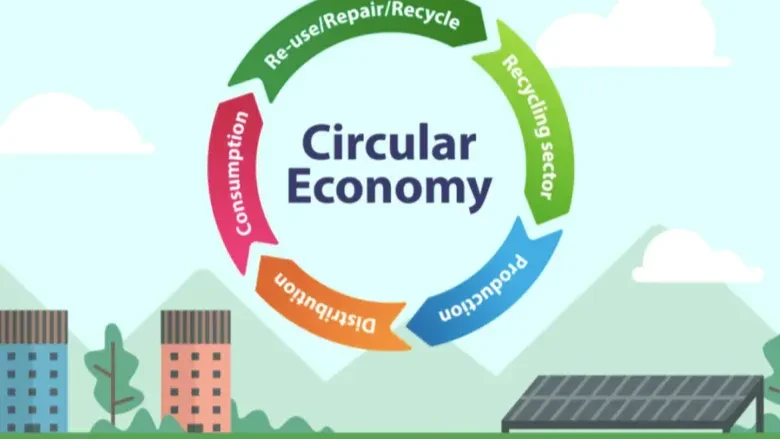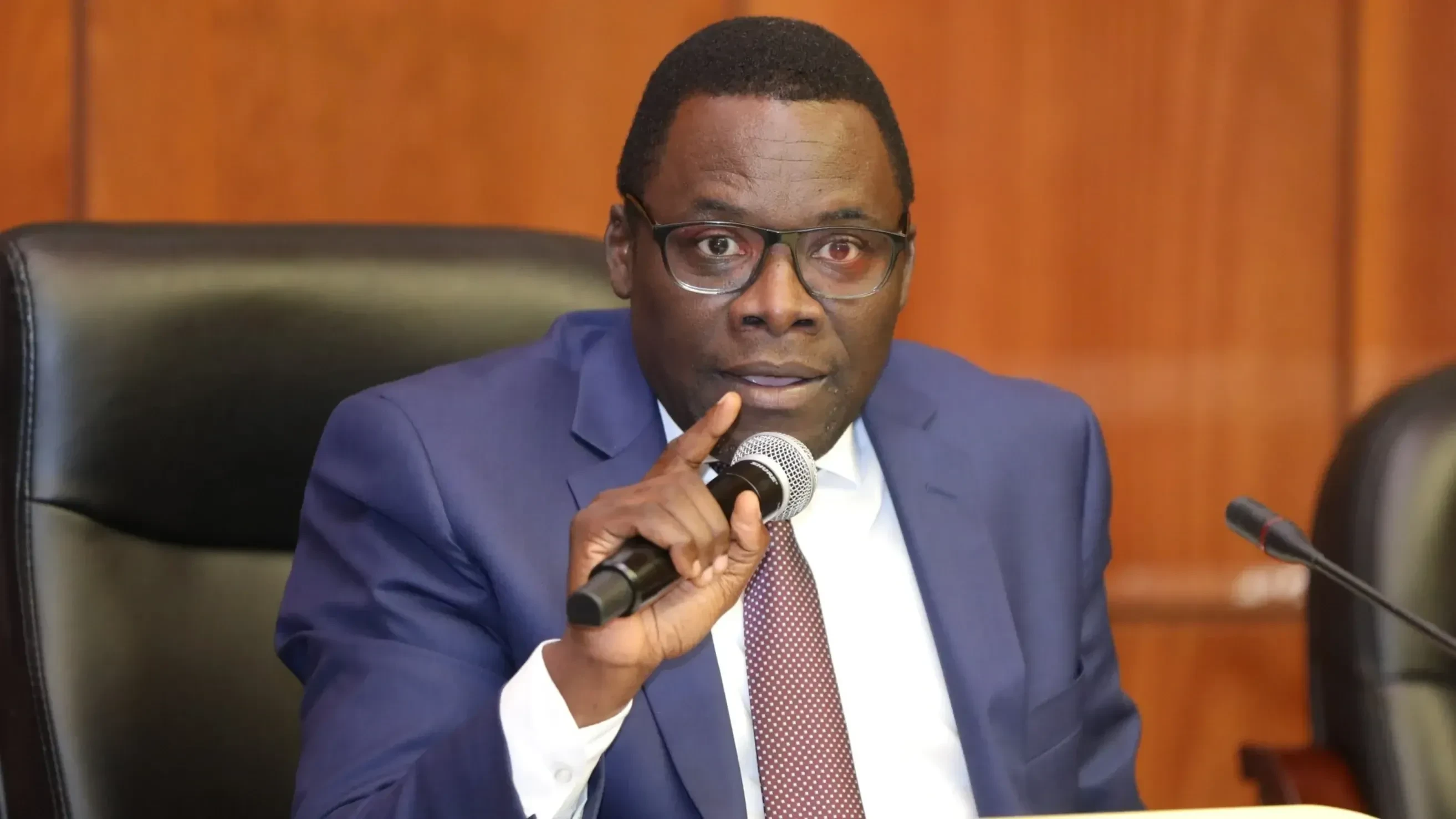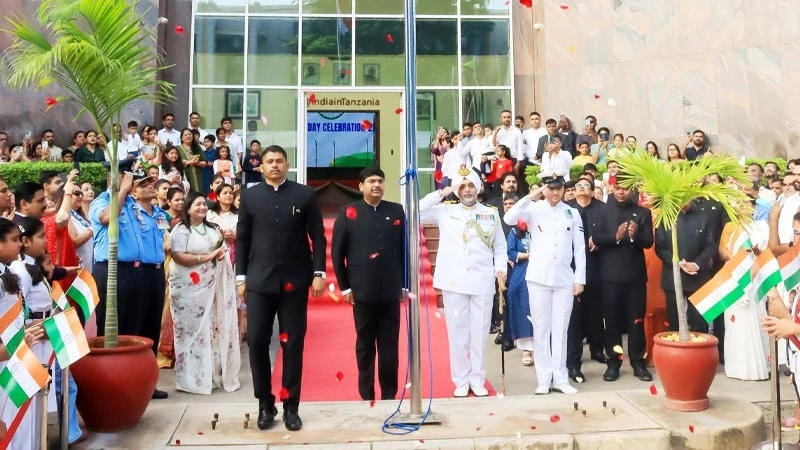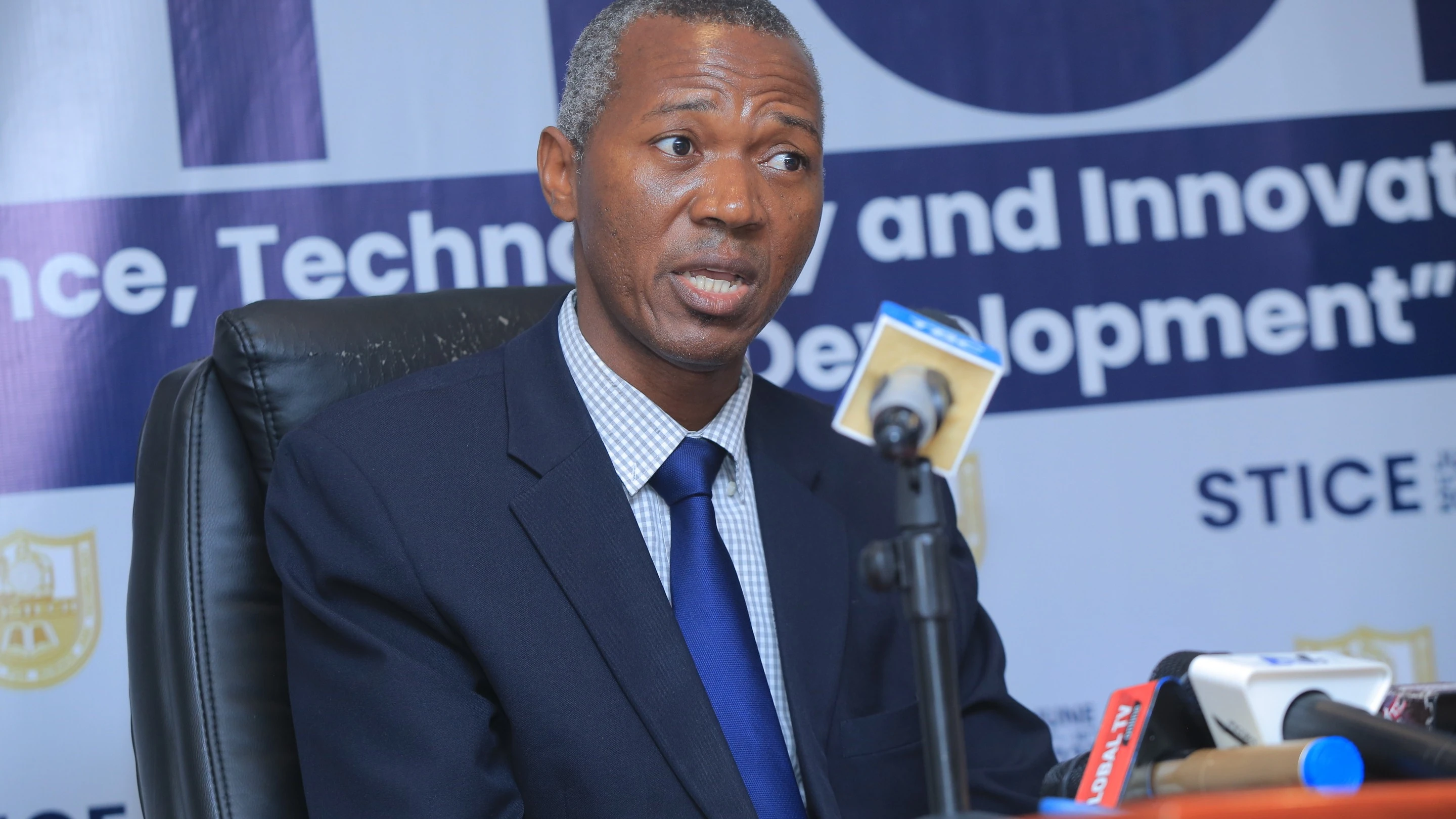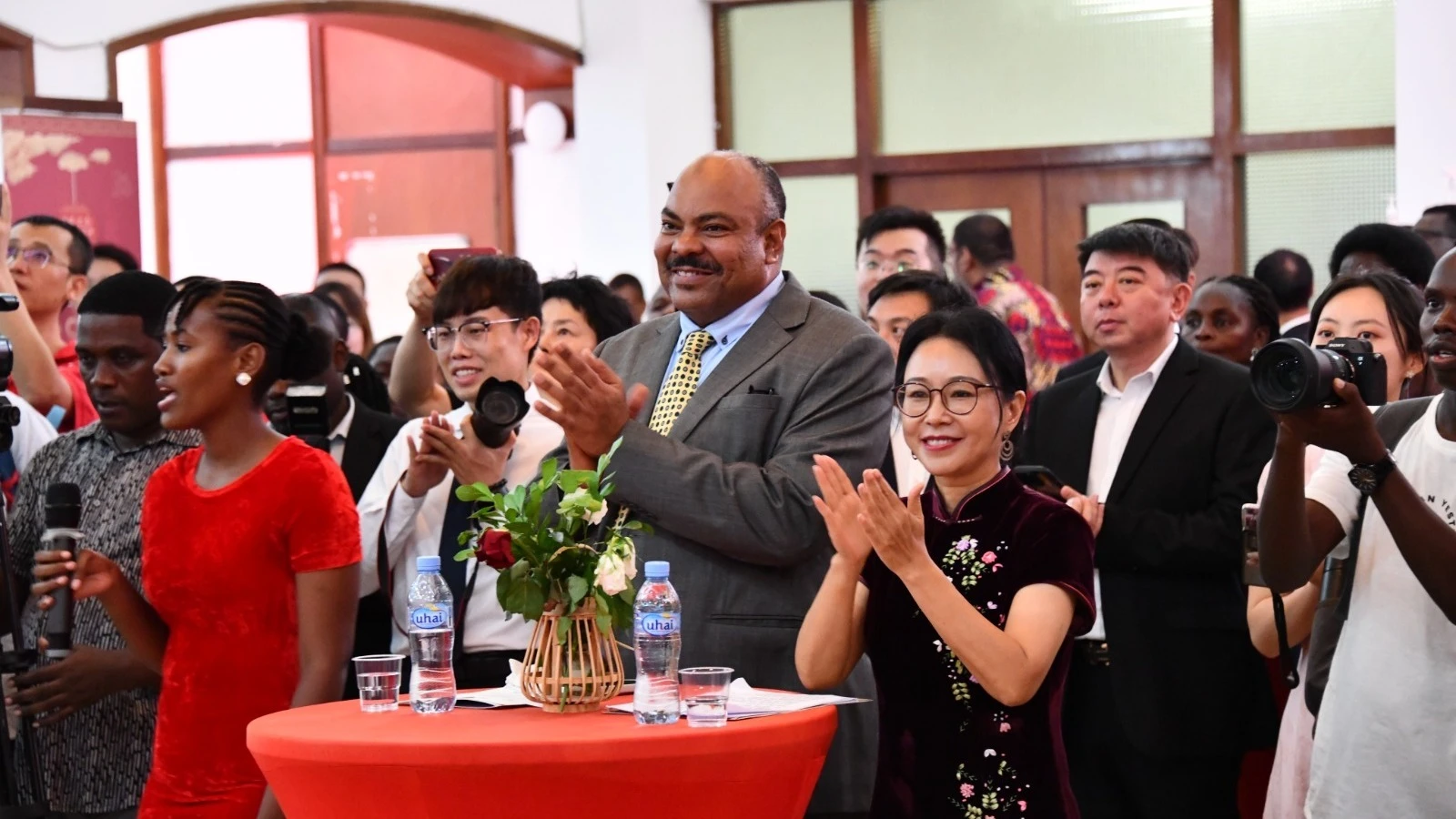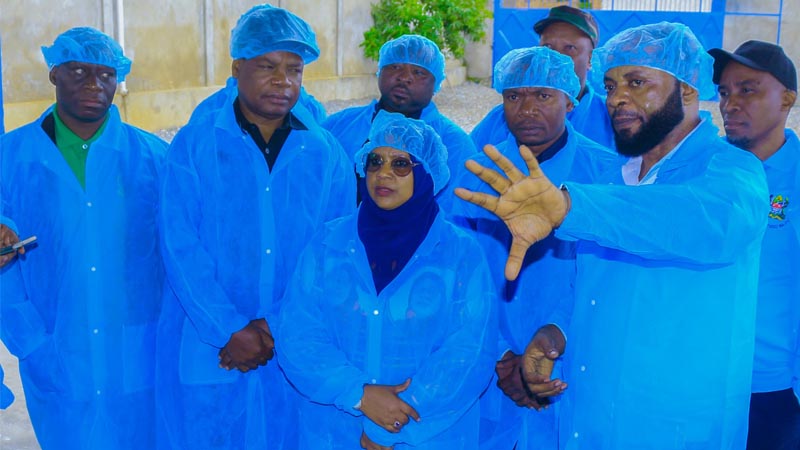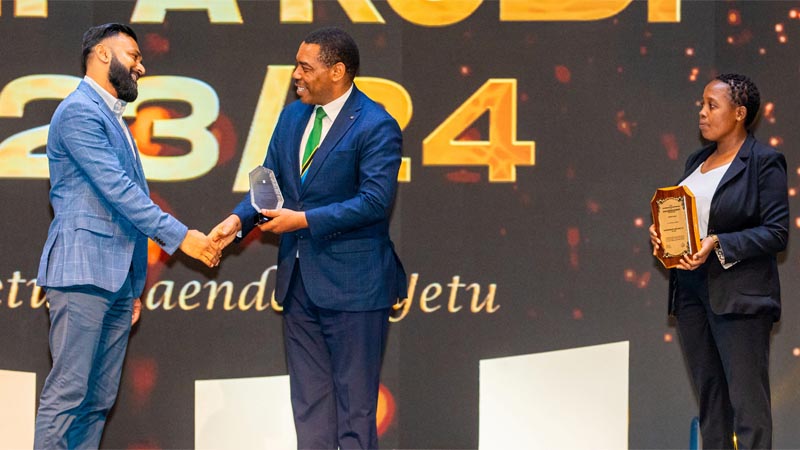Tanzania outlines key gains in digital technology uptake
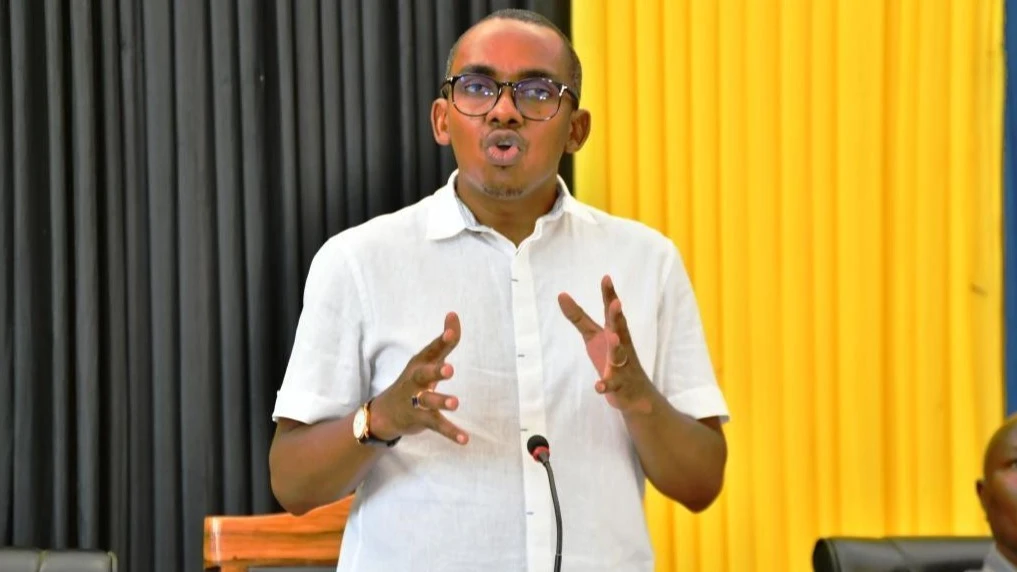
TANZANIA has implemented eleven key action lines of the World Summit on the Information Society (WSIS), laying a robust foundation for development of information and knowledge over the past twenty-five years.
WSIS is a multi-stakeholder platform that unites participants from governments, civil society and international organizations to address significant global challenges, particularly through leveraging digital technology.
Jerry Silaa, Minister for Information, Communication and Information Technology, said this in Dar es Salaam yesterday when opening the Africa WSIS+20 regional reviews meeting.
The minister said that the efforts reflect the country's proactive approach to leveraging technology for sustainable growth and addressing societal needs.
Silaa outlined key focus areas, including the role of public governance authorities and stakeholders in promoting ICT for development, ethical dimensions of the information society, information and communication infrastructure and access to information and knowledge.
He said others are the importance of capacity building, enhancing confidence and security in ICT usage, creating an enabling environment, developing ICT applications (e-services) and fostering cultural and linguistic diversity, local content, media and international and regional cooperation.
“WSIS established the framework for global digital cooperation with a vision to build people-centric, inclusive, development-oriented information and knowledge societies,” he said.
He described the WSIS+20 review as a significant milestone celebrating 20 years of progress in implementing the outcomes of the World Summit which was held in two phases—Geneva in 2003 and Tunis in 2005.
Silaa noted that the action lines resonate deeply with Tanzania’s development goals and align with the broader aspirations of Africa to bridge the digital divide, enhance the digital revolution and foster inclusive growth.
“The government focuses on ICT as a crucial element in transforming Tanzania into a digital economy ensuring the successful implementation of the outlined action lines,” he said.
Furthermore, Silaa said Tanzania Development Vision 2025, currently under review, recognizes ICT as a major driving force for rapid socioeconomic development.
The nation has adopted pro-ICT policies and supportive legal frameworks to build a robust digital economy and an ICT-enabled knowledge-based society.
Dr Macktar Seck, Chief of Emerging and Frontier Technology Innovation and Digital Transformation at the United Nations Economic Commission for Africa, noted significant progress recorded across the continent over the past twenty-five years.
He said that internet usage in Africa has surged from 2.1 percent in 2005 to over 37 percent in 2024 while mobile penetration has increased significantly.
He projected that smartphone subscriptions in Sub-Saharan Africa are expected to reach 689 million by 2028, indicating steady growth.
However, he cautioned that cybercrime currently impacts 10 percent of the GDP of some African countries, emphasizing the critical importance of data security and governance in sustaining digital growth across the continent.
Top Headlines
© 2025 IPPMEDIA.COM. ALL RIGHTS RESERVED








